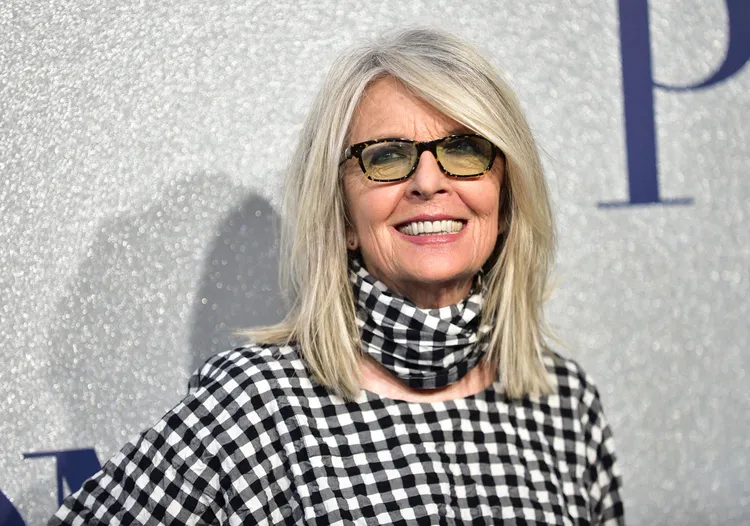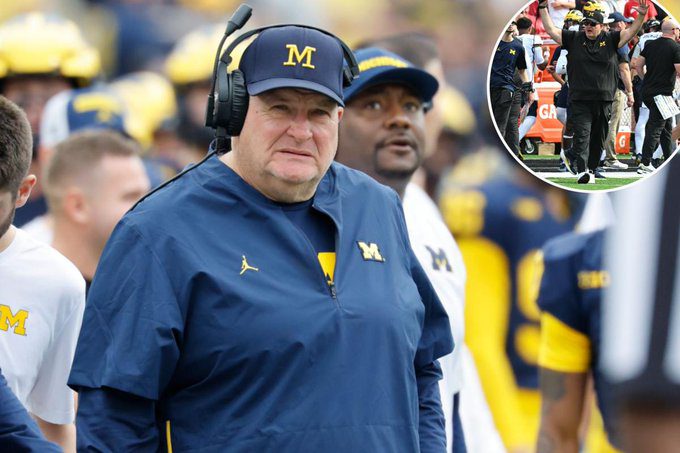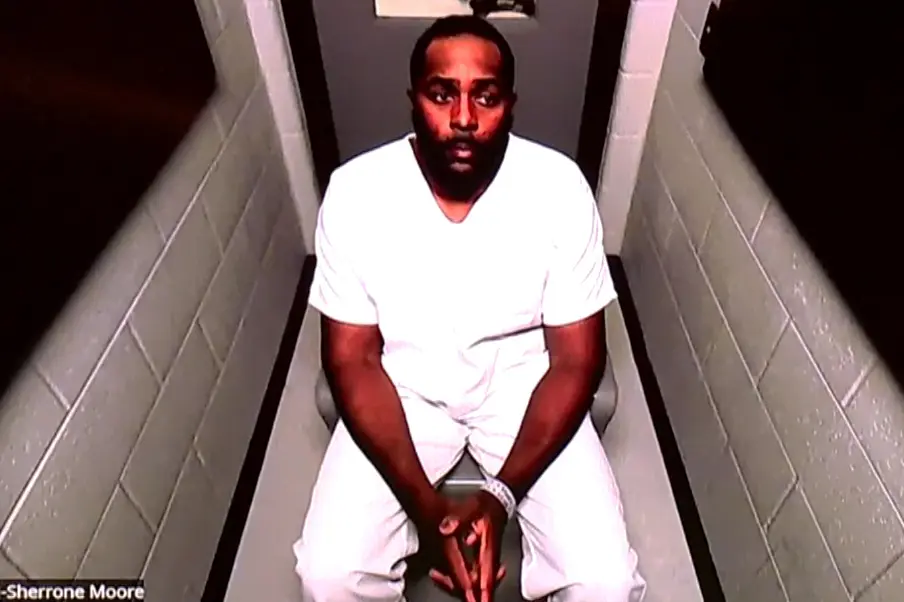Diane Keaton Embraced Aging and Open Conversations About Cosmetic Enhancements Before Her Death at 79 — A Legacy of Confidence and Truth
Diane Keaton was never afraid to be herself. From the moment she appeared on screen in Annie Hall, with her signature turtlenecks, tailored suits, and effortless charm, she stood for something deeper than fashion or fame. She represented individuality — the kind that didn’t apologize for wrinkles, gray hair, or the natural passage of time. Before her death at 79, Keaton left behind not just a body of work admired by millions, but a refreshing honesty about what it means to age in the spotlight.
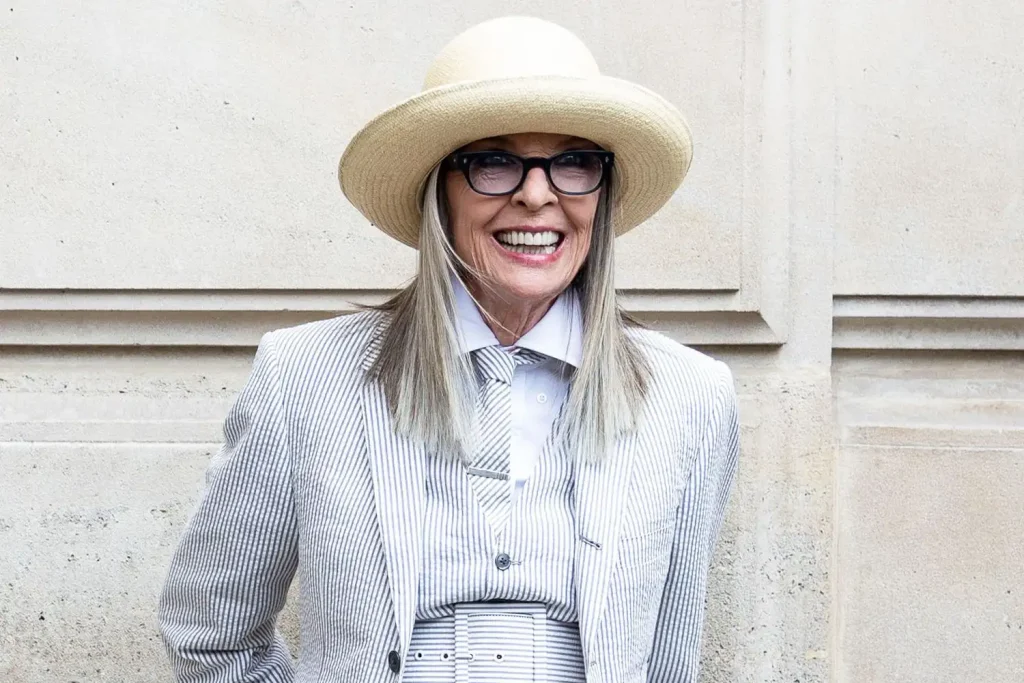
Throughout her career, Diane spoke candidly about beauty, aging, and the pressures women face to look a certain way. In an industry built on perfection, she became one of the few stars unafraid to acknowledge her imperfections — and even laugh about them. “I’ve done some experimenting,” she once said about cosmetic procedures, “but at the end of the day, I just want to feel like myself.” Her words struck a chord with women who had grown up watching her, because she never tried to hide her humanity behind the glossy veil of Hollywood.
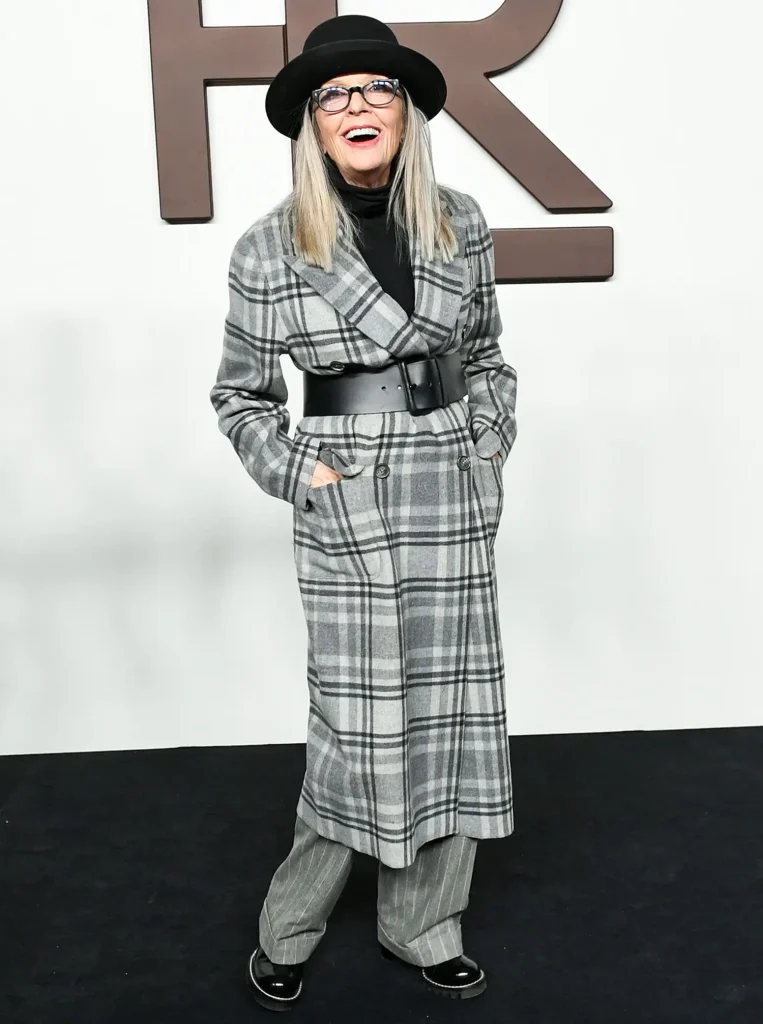
Keaton understood that getting older was not something to fear but to embrace. In interviews and essays, she often talked about how beauty evolves with age — how it shifts from physical perfection to the stories written across a person’s face. “You can’t erase your life,” she once remarked. “Every line, every crease is part of your history. Why would I want to hide that?” That fearless honesty made her both relatable and revolutionary.
For many, Diane Keaton wasn’t just an actress — she was a symbol of empowerment. She represented every woman who felt invisible after a certain age, reminding them that confidence is ageless. Her voice carried warmth and wisdom, especially when she spoke about the double standards women face in Hollywood. “If men can age and still be considered interesting,” she said in one conversation, “then women can too. We just have to own it.”
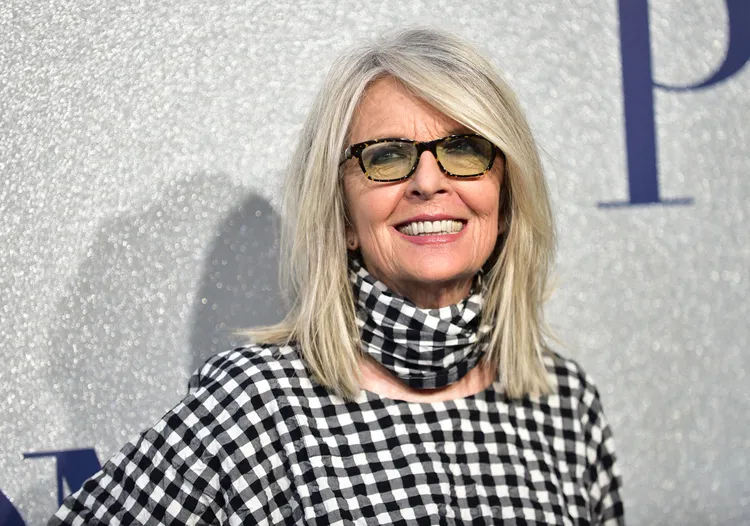
Even as trends changed and new stars emerged, Keaton never chased youth. She found strength in authenticity — wearing her trademark gloves and oversized hats as proudly at 79 as she did in her thirties. Friends and colleagues often described her as someone who lit up a room without ever needing to compete for attention. Her laughter, quirks, and self-deprecating humor made her unforgettable both on and off camera.
Diane’s openness about cosmetic enhancements wasn’t about judgment; it was about choice. She believed women should feel free to make their own decisions — whether that meant getting a procedure or aging naturally. Her point was always the same: self-acceptance comes first. “Do what makes you happy,” she said, “but don’t do it because you feel like you have to please the world.”
Her passing leaves behind a void in Hollywood — not only because of her talent, but because of her authenticity. Diane Keaton redefined what it meant to grow older gracefully. She didn’t preach perfection; she celebrated imperfection. She didn’t deny time; she made peace with it. In doing so, she gave millions of women permission to do the same.
As tributes pour in, what stands out most isn’t just her film legacy but her humanity. Diane Keaton’s courage to speak openly about aging, beauty, and self-worth remains her most lasting performance — one that will continue to inspire generations long after the credits roll.
